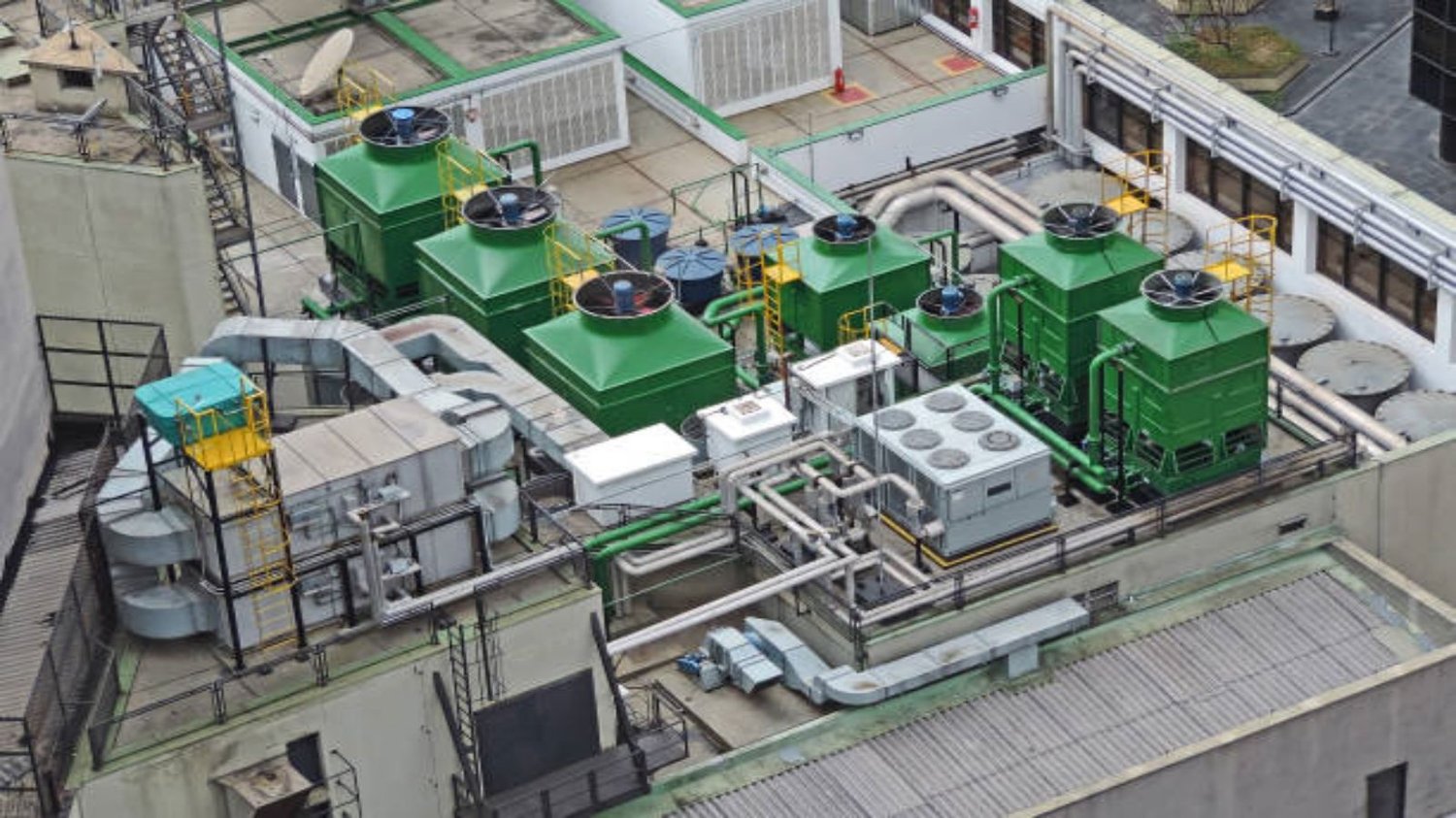Introduction: Understanding water chiller systems
Water chiller systems are an essential component in many industries, providing a reliable and efficient method of cooling various processes and equipment. These systems utilize the principle of removing heat from a liquid, typically water or a water-glycol mixture, and transferring it to the ambient air or another medium. In this article, we will explore the numerous benefits of water chiller systems and their importance in maintaining optimal operating conditions.
1. Energy Efficiency: Cost-Effective Cooling
One of the primary advantages of water chiller systems is their energy efficiency. These systems are designed to maximize cooling performance while minimizing energy consumption. By utilizing advanced technologies such as variable speed drives and intelligent controls, water chiller systems can adapt their cooling capacity to match the actual load requirements. This results in significant energy savings and reduced operating costs for businesses.
2. Precise Temperature Control: Maintaining Optimal Conditions
Water chiller systems offer precise temperature control, allowing industries to maintain optimal conditions for their processes and equipment. Whether it is for industrial manufacturing, medical facilities, or data centers, consistent and accurate cooling is crucial. Water chiller systems can achieve and maintain precise temperature levels, ensuring the reliability and efficiency of critical operations.
3. Versatility: Wide Range of Applications
Water chiller systems are highly versatile and can be used in a wide range of applications. From cooling industrial machinery and processes to HVAC systems and medical equipment, these systems can adapt to various cooling requirements. They can effectively cool both small-scale and large-scale operations, making them a reliable choice for different industries.
4. Environmental Friendly: Reduced Carbon Footprint
With the increasing emphasis on environmental sustainability, water chiller systems offer an eco-friendly cooling solution. These systems utilize water as the primary cooling medium, which is a natural and renewable resource. Additionally, advancements in chiller technology have led to the development of more energy-efficient units, reducing carbon emissions and minimizing the overall environmental impact.
5. Reliability: Continuous Cooling Performance
Water chiller systems are known for their reliability and continuous cooling performance. They are designed to operate consistently under demanding conditions, ensuring uninterrupted cooling for critical processes. With proper maintenance and regular servicing, water chiller systems can provide years of reliable operation, minimizing downtime and maximizing productivity.
6. Space Efficiency: Compact Design
Space is often a valuable commodity in industrial and commercial settings. Water chiller systems are designed with space efficiency in mind, featuring compact footprints and flexible installation options. These systems can be easily integrated into existing infrastructure, making them suitable for facilities with limited space.
7. Noise Reduction: Quieter Cooling Solution
Compared to traditional cooling methods, water chiller systems offer a quieter cooling solution. This is particularly important in environments where noise reduction is a priority, such as office buildings or medical facilities. The advanced design and technologies used in water chiller systems help minimize noise levels, creating a more comfortable and productive working environment.
8. Low Maintenance: Long-Term Cost Savings
Water chiller systems require minimal maintenance, resulting in long-term cost savings for businesses. Regular inspections, cleaning, and servicing are essential to keep the system operating at its optimal performance. However, compared to other cooling systems, water chiller systems have fewer components and moving parts, reducing the need for frequent repairs and replacements.
9. Scalability: Adapting to Changing Cooling Needs
As businesses grow and cooling requirements change, water chiller systems offer scalability. These systems can be easily expanded or modified to accommodate increased cooling demands. Whether it is adding additional chillers or upgrading the existing system, water chiller systems provide the flexibility to adapt to changing needs, ensuring continuous cooling efficiency.
10. Cost-Effective Installation: Return on Investment
Despite the initial investment, water chiller systems offer a cost-effective cooling solution in the long run. The energy savings and reduced maintenance requirements contribute to a significant return on investment. Additionally, the ability to customize these systems based on specific cooling needs ensures that businesses are only paying for the cooling capacity they require, maximizing cost efficiency.
